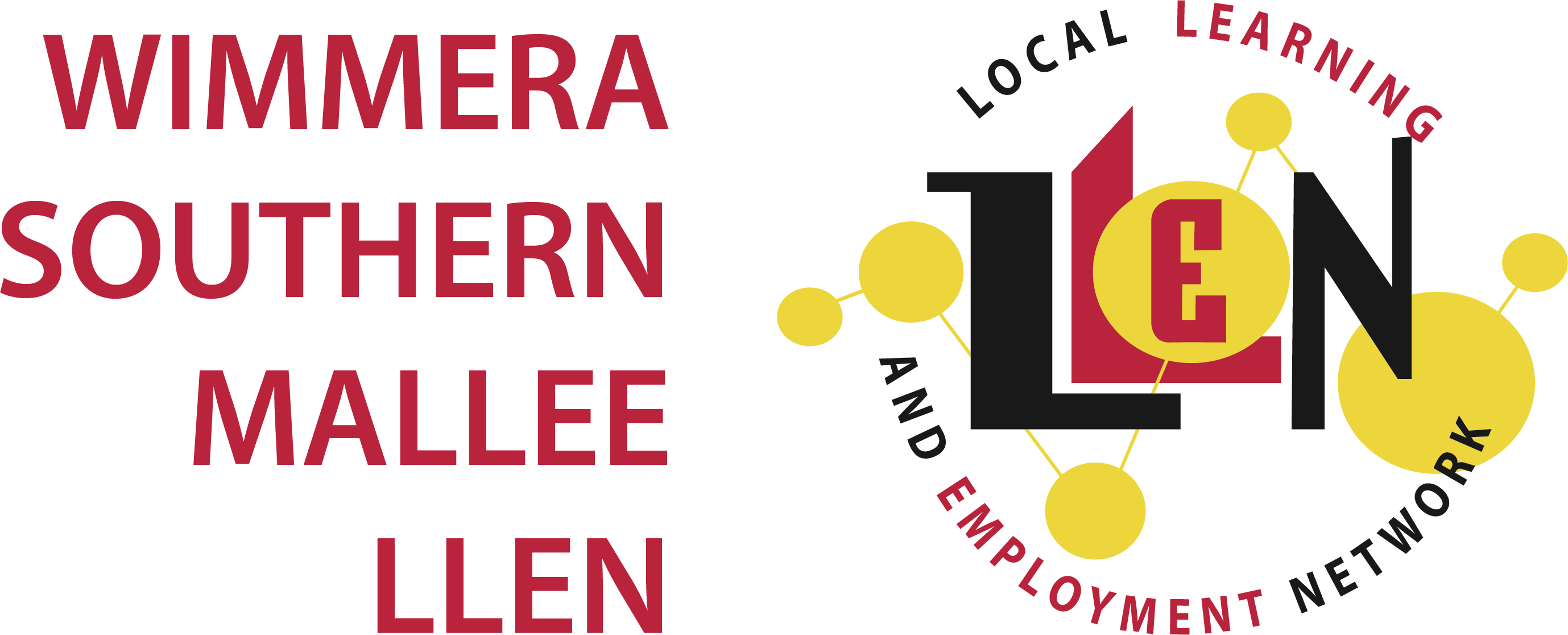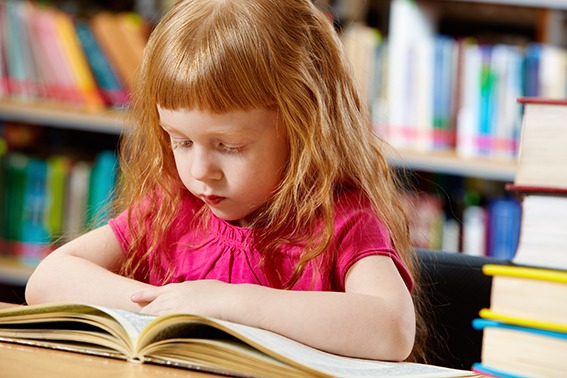When my children were little, they were full of questions. What’s that? Why is the sky blue? Why do dogs bark? Where is Grandma? As they got older the questions got harder. What is electricity? How does a car work? And harder. How big is the universe? If something is watertight is it also airtight? Is it possible to go back in time? Thank goodness for Google.
Most of us get a bit frustrated by children’s constant questions and curiosity. This is how they learn and they are asking you because they love and trust you. Speaking and listening to your children is an important way to help your kid’s language and literacy development. As you children learn how to talk, their brains are making billions of connections which also support the development of their literacy skills.
I didn’t fully realise how important language is to literacy development until I attended a recent presentation at Warracknabeal Primary School by Rosy Wallis. Rosy now lives in Nhill and is a former student of Warracknabeal primary and secondary schools. Rosy has spent much of her working life teaching literacy to children and has completed extensive post graduate study on literacy and language development.
Rosy spoke about a recent project that she undertook as part of her research. Rosy’s thesis was about Oral Language in the ‘Everyday Life’ of Young Rural Children. The key messages from the presentation were that families need to talk to their children about a wide range of subjects and, importantly, listen and respond to their questions. Introducing new words and extending children’s vocabulary are essential for literacy development and good performance at school.
By talking, listening and reading to your children you are helping them to reach their full potential. Children are born ready to learn and the best learning occurs early in life. Parents are children’s first and most important teachers.
Reading with young children is the single most important activity that you can undertake to develop a child’s future reading and writing skills.
The experiences your child has in their early years set the foundation for lifelong learning, behavior, and health. Everything you do with your baby shapes their brain and their capacity to learn and to get along with others.
Building strong reading skills starts very early in life. Kids who are read to from birth, will do much better in reading and this helps them to succeed at school. Children who read well do better in education, and this leads to getting a good job, higher pay and having a good life. Kids who read succeed.

